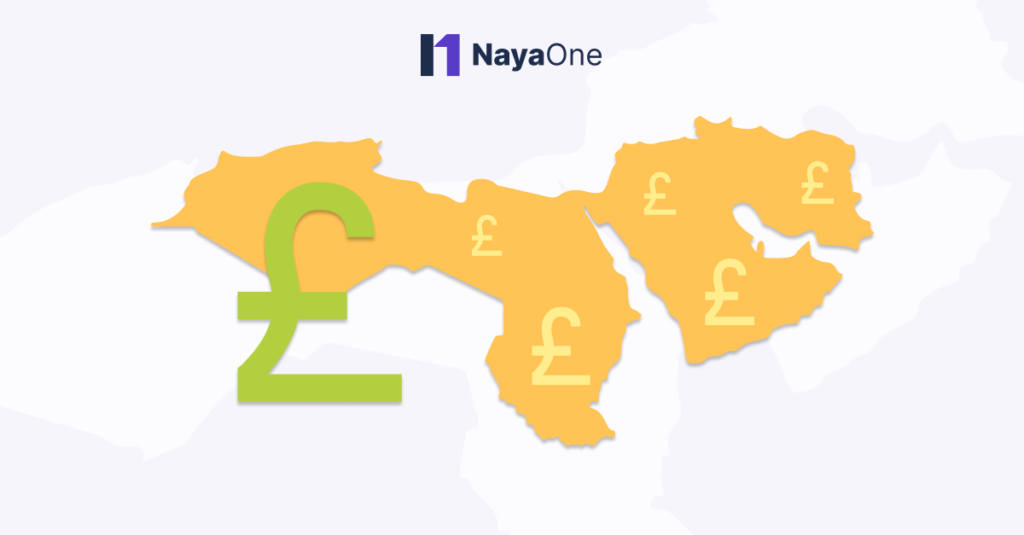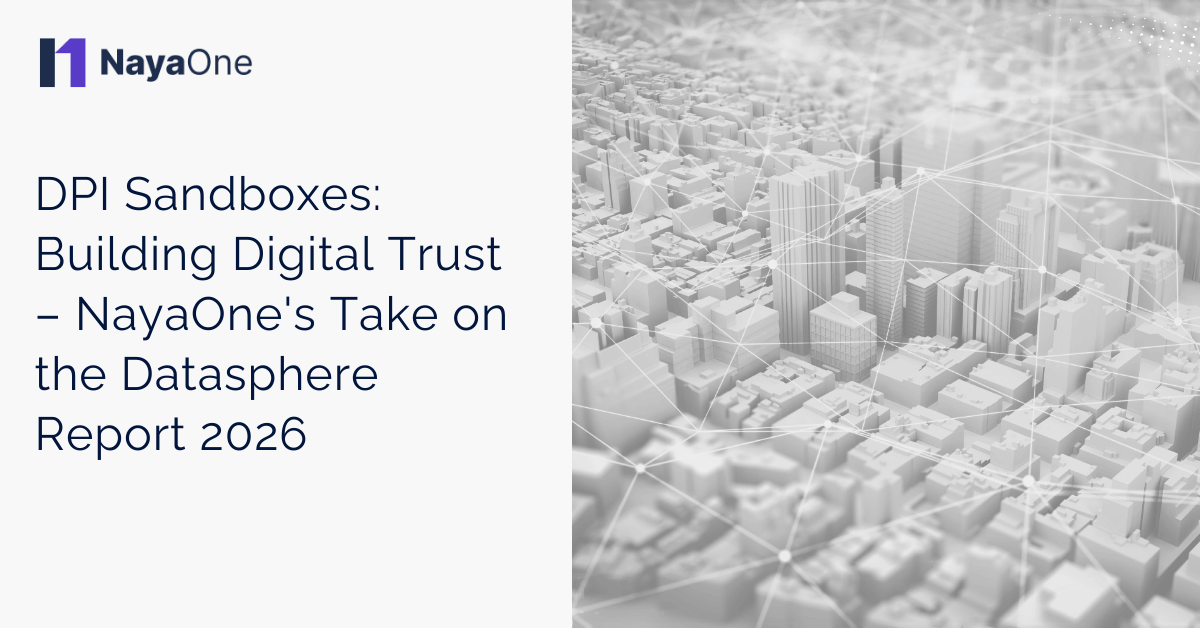
Amrit Satpathy
Ecosystem Manager
The Middle East and North Africa (MENA) is one of the most diverse regions in the world, spanning three continents: Europe, Asia and Africa. Fintech in MENA has become active in the past couple of years, driven by technological innovations to improve the existing financial services and the socio-economic conditions of people.
The status of Fintech in MENA
In MENA, UAE is the most developed fintech space, followed by Bahrain, Egypt, Morocco, Tunisia, & Jordan. Investors are supporting key segments including payments, insurance and wealth and providing opportunities for inclusion of households as well as firms like SMEs. Supported by open-minded regulators in the region, a large unbanked population is expected to shrink rapidly and be included in the folds of formal financial services.
Constraints
Certain limitations are consistent across politically and economically different MENA countries. These include:
- Low market penetration of banking services
- Lack of usage of technology in the Banking, Financial Services and Insurance (BFSI) sector
- Need to handle the requirements of huge immigrant population
What are the sector-wise opportunities for fintech In MENA?
While in 2019, 65% of the population in the MENA region transacted on Cash-on-Delivery (COD) specific orders, in 2021 only 16% population preferred COD. With this growing preference for Digital Payment-based transactions, banks, governments and firms in the MENA region are looking forward to launching a mobile-based real-time payment system.
For instance, the central banks of Egypt, Bahrain, UAE, and Jordan have introduced initiatives to regulate digital payment services, while Lebanon, Dubai, Bahrain, and Abu Dhabi have come up with crowdfunding regulations.
BANKS AND BANKING PLATFORMS: The Banks in the region are undergoing a consolidation phase, with the Big Banks merging to create a Super Big Banking group to compete with the ‘Big Tech’ in meeting customers’ changing needs. Recently, Abu Dhabi Global Market (ADGM) introduced a framework to supervise Open Banking services and data privacy in the country.
In 2020, while banking transactions saw a decline of over 15%, transactions on banking platforms increased by 70%. Banking platforms offer personalisation of services or products using the data, with cost-effectiveness and near-perfect execution.
The region has multiple formal collaborations between banks, fintech organisations, and other bodies that play a significant role in developing the financial transaction framework and technological review.
PAYMENT, REMITTANCES AND LENDING: The penetration of smartphones and the internet has paved the way for comprehensive growth in the digital payments sector. Newer fintech platforms, financial services providers and payment tools are being launched to make payment and remittance systems swift and smooth.
A high number of Buy Now Pay Later (BNPL), SME Lending, and credit services on the digital platforms in the region are enabling customers to move away from traditional, time-consuming alternatives.
Saudi Arabia has launched an instant payment system under the supervision of the Saudi Central Bank (SAMA). The Egyptian, Bahraini, UAE, and Jordan central banks have also adopted specific initiatives to regulate digital payment services.
INSURTECH: As much as 80% of the population in the MENA region is uninsured, creating a high potential for Insurtech to plug the gap. Customer needs are diverse and fintech provides adequate personalisation to meet customer needs while building new profitable segments and expanding their reach.
BLOCKCHAIN: The MENA region has been embracing crypto assets and blockchain technology at various levels. Different countries in the MENA region have been exploring CBDCs to provide smoother and faster remittance-clearing processes and combat fraud. Blockchain also streamlines cross-border lending and remittance services and imparts a high level of transparency and security to them.
Dubai Financial Services Authority (DFSA) has published a Framework for Regulating Security Tokens supporting issuers looking to raise capital using distributed ledger technology.
REGTECH: MENA has a good number of Regtech firms, with specialisation in regulatory reporting, identity management, transaction monitoring and compliance space across borders. To monitor the compliance of digital firms, there is a growing need for technology like AI, big data, and blockchain in the regulatory space. Since traditional regulatory bodies are not very digitally savvy, there is immense scope for Regtechs to assist regulators to overcome real-time regulatory challenges and execute on a scale.
Fintech In MENA is looking forward to improving its market outreach and supporting the population’s needs. The global advancement of technology in the fintech segment offers an umbrella opportunity to cater to better financial services including service personalisation, instant payment settlements, inclusion and frictionless experience for customers. The comprehensive growth of the fintech ecosystem across the countries in the region is helping Governments, Businesses, customers, and the population fulfil the desire for improved services in the sector.
Are you in MENA region and want to know how to accelerate innovation?
We are currently engaged with ADGM, DIFC and number of global financial services organisations in the region.





